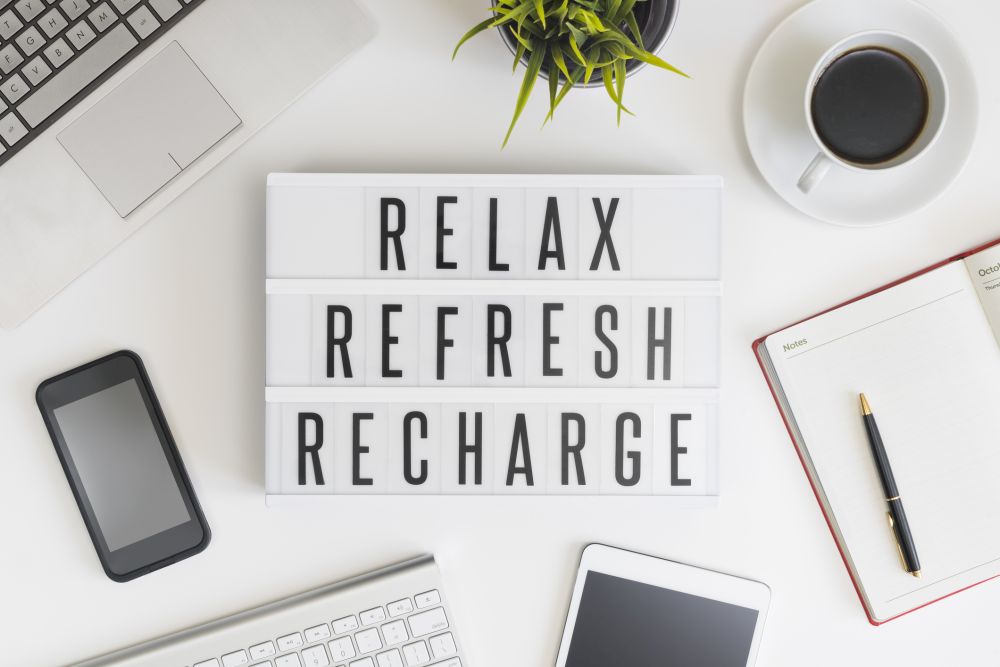There’s nothing like the satisfaction of training for a race and having it go well. And for many runners, they want to experience that feeling as much as possible. It becomes easy for running and training to become such a big part of their lives that taking a break–from a few days to a few months of not running–becomes unthinkable. But, while there’s nothing wrong with making running a big (maybe even the biggest) part of your life, it’s important to schedule a little downtime now and then.
This is especially important after you’ve had a big breakthrough, such as a new personal best over a significant distance (the marathon or half-marathon, for example). While it may be tempting to “take advantage” of your fitness gains by resuming training and pushing ahead, this approach is likely to lead to injury or illness.
Note that we’re not suggesting months of slothful inactivity. A few days, or a couple of weeks off running after a long season of racing or between training blocks, with as much walking, hiking, cycling or other forms of activity you enjoy (within reason–guard against taking on big projects to help fill the “void”) will help solidify training gains and banish any lingering fatigue. The mental side is also important; taking a break is likely to give you renewed enthusiasm for your next few months of training and racing.

Won’t I lose fitness?
You won’t lose fitness after a break of a few days; in fact, you’re likely to notice improved fitness if you take a few days off, assuming you train regularly and consistently. (This is also related to why we taper before races–and why a good training plan will incorporate a lighter week, with lower volume, once a month or so.) While you will notice some loss of fitness after a break of a couple of weeks or more (due to a reduction in your VO2max and blood volume), it will come back relatively quickly, with a little patience.
Here’s what U.S. sports scientist and author Steve Magness says about taking breaks: “There’s a reason athletes have off seasons. After intense stress, you need time to mentally and physically recover.” (He’s actually writing about all aspects of life, not just training. It’s also why we take vacations from work, though admittedly, those are easier and more fun to schedule than training breaks.)
Benefits of breaks
The obvious ones are that you’ll reap more recovery; you’ll feel more rested, you won’t have to worry about repetitive strain injuries and you’ll give your immune system a boost. The less obvious ones are that, during this period of down time, you’ll create more time for other hobbies, or the other people in your life, or for just giving your mind and body a complete rest. You might notice things you never noticed before. Who knows? Maybe you’ll even try a new sport.














